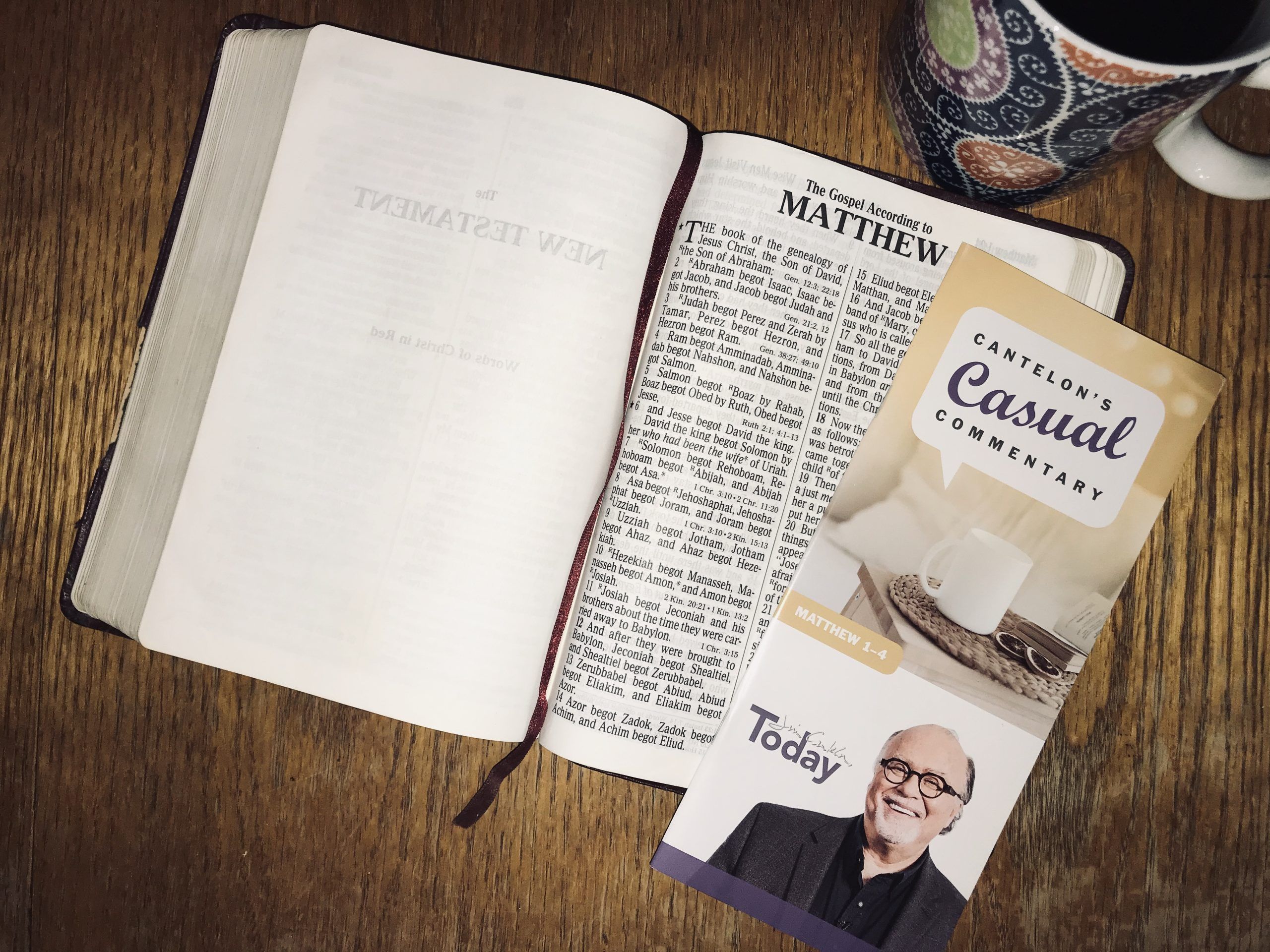
The Wise Men 2:1-12 (Part 1)
There are four points of interest in these twelve verses: Bethlehem, the Wisemen (or “Magi”), the Star, and Herod the Great.
Bethlehem literally means “house of bread”. In Micah 5:2 the prophet adds “Ephratah” to Bethlehem which reads, “House of Bread twice blessed”. Perhaps Micah, under the inspiration of the Holy Spirit, was thinking of the double blessing in terms of Bethlehem being not only “the city of David” (1 Sa. 16:1; 17:12, 20:6), but also the birthplace of Israel’s Messiah. In most messianic writing, Bethlehem was the expected birthplace of David’s “anointed” son, so Micah writes in the tradition. We know from scripture that Jacob buried Rachel near Bethlehem (Ge. 35:19,20; 48:7) — indeed “Ramat Rachel” is now a thriving neighbourhood on the outskirts of Jerusalem with Rachel’s tomb still very much in evidence. And, we also know that Ruth and Boaz lived there (Ru. 1:22). It was, and is, a small town, situated on low lying hills, surrounded by steep valleys on the north, and wide plains on the east. Its hills are scored with cave-pocked fertile terraces. Although sleepy-looking, Bethlehem “breathes” with history and messianic significance.
Traditionally the Magi are believed to have been Medes from Medea. This territory, the ancient name for Northwest Iran, covers most of what we know today as Azerbaijan and Kurdistan. Magi were mainly a tribe of priests, but they have also been seen in a multitude of roles as philosophers, teacher, holy men, doctors, soothsayers, interpreters of dreams, truth seekers, and astrologers. As astrologers, especially, they believed that a “star” could be the “counterpart” of “angel” (“fravashi”) of a great ruler. Perhaps they were acquainted with the Jewish expectation that the Messiah would be identified by a “star out of Jacob” (Nu. 24:17). They were driven by astrological mystery and eschatological hope.
We don’t know how many made the long trek to Bethlehem but the three gifts presented to Jesus suggest there were three.